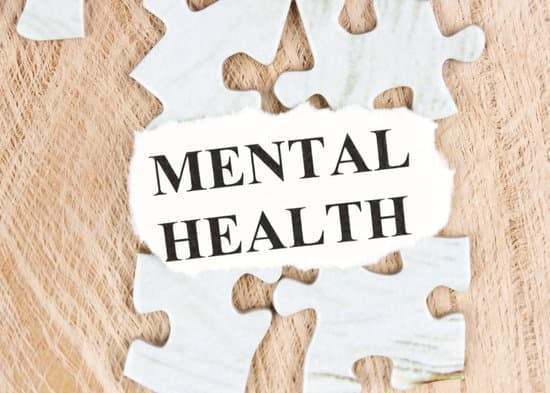
When most people think about mental health, they may not immediately associate it with food. However, there is an increasingly important connection between what we eat and how we feel mentally and emotionally. Diet plays a crucial role in our overall well-being, and a Registered Dietitian can be a vital part of supporting mental health.
Let’s explore how working with an RD can positively impact your mental health and why this relationship is beneficial for both your body and mind.
1. Understanding the Gut-Brain Connection
One of the most exciting areas of research in mental health is the connection between the gut and the brain, often called the gut-brain axis. Emerging studies show that the microbiome (the collection of microbes in our gut) plays a significant role in influencing our mood, stress levels, and even our cognitive functions.
Trained dietitians in this area (like me!) can guide you in making dietary choices that promote a healthy gut microbiome.
2. Nutrition for Managing Anxiety and Depression
There’s increasing evidence to suggest that certain nutrients can have a profound effect on mental health, especially in the management of anxiety and depression.
-
Omega-3 Fatty Acids found in fish, flaxseeds, and walnuts can support brain function and reduce inflammation, potentially easing symptoms of depression.
-
B Vitamins, especially B12 and folate, are linked to mood regulation and can help reduce feelings of fatigue or irritability.
-
Magnesium, found in leafy greens and nuts, has been associated with improved sleep and reduced anxiety.
An RD can assess your dietary intake and identify nutrient gaps that may be contributing to mood disturbances. Through targeted nutrition advice, they can help optimize your diet to improve your mental well-being.
3. Creating a Balanced and Sustainable Eating Plan
A common struggle in mental health is the impact of mood swings, stress, and depression on eating habits. Some individuals may overeat or undereat in response to their emotions, which can create a vicious cycle of poor nutrition and worsening mental health.
Registered Dietitians work with you to create a personalized, balanced eating plan that aligns with both your nutritional needs and mental health goals. They can teach you how to establish healthy eating habits, plan meals, and incorporate stress-reducing foods. By encouraging a regular eating pattern, an RD helps you maintain energy levels, stabilize mood, and avoid extreme blood sugar fluctuations, which can exacerbate mental health symptoms.
4. Supporting Body Image and Disordered Eating
For individuals struggling with body image issues, disordered eating or diagnosed eating disorders, a Registered Dietitian can be a key part of the healing process. RDs can help break the cycle of restrictive dieting or emotional eating by promoting a healthy relationship with food. They can also assist in developing an individualized approach to nutrition that supports mental health recovery.
5. Lifestyle and Stress Management
Dietitians don't just focus on food; they understand the importance of a holistic approach to well-being. Stress management, sleep hygiene, and regular physical activity are also crucial components of mental health. Many RDs are skilled in providing strategies that integrate nutrition with lifestyle changes to reduce stress and improve overall mental resilience.
By incorporating mindfulness, relaxation techniques, and the right foods, RDs help you build a lifestyle that supports mental clarity, emotional stability, and mental health recovery.
Conclusion: Nourishing the Mind and Body Together
Nutrition plays a pivotal role in mental health, and a Registered Dietitian can be a valuable ally in supporting your emotional and psychological well-being. Whether you’re managing anxiety, depression, stress, or a more specific condition, an RD can help you optimize your diet to support both your body and mind.
With expert guidance, personalized nutrition plans, and a deeper understanding of the gut-brain connection, a dietitian can empower you to make healthier food choices that contribute to a more balanced, resilient, and positive mental state.
If you're struggling with mental health and haven’t yet considered how your diet may be affecting you, let's get in touch, and start your journey to better health; both mind and body.



